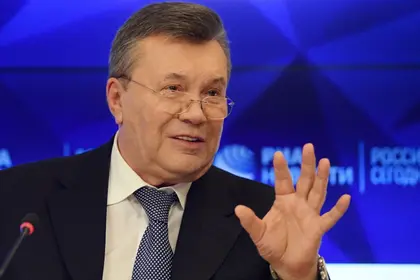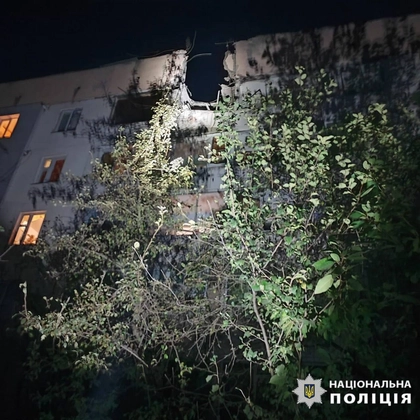Former Ukrainian President Viktor Yanukovych and his Prime Minister Mykola Azarov, both in power from 2010 to 2014, have been charged with High Treason for extending Russia’s Black Sea Fleet’s lease of the Sevastopol naval port and allowing additional Russian military to deploy to the Crimean Peninsula.
Both Yanukovych and Azarov have been living in exile as Putin’s guests in Russia since being ousted from power in the Revolution of Dignity for the administration’s pro-Russian policies.
The State Bureau of Investigation (SBU) has completed a special pre-trial investigation against Yanukovych and Azarov, with the relevant indictment being sent to court, investigators officially reported on Sept. 15.
The defendants have been charged with committing high treason and assisting the Russian Federation in carrying out subversive activities against Ukraine.
According to the investigation, in 2010, the Russian leadership instructed Yanukovych to extend the stay of the Russian Black Sea Fleet in Crimea.
In prior 1997 agreements between Ukraine and Russia, this period was supposed to end in 2017.
Since Ukraine did not want to extend the stay of the Russian fleet in Crimea, the Kremlin decided to force the Yanukovych administration to do so using energy blackmail.
In 2010, at the House of the Government of the Russian Federation, a Ukrainian delegation headed by Azarov signed agreements, known as the Kharkiv Agreements, to extend the stay of the Russian Black Sea Fleet on the peninsula.

South Korea Demands 'Immediate Withdrawal' of North Korean Troops in Russia
After signing the agreement, Azarov and the Minister of Foreign Affairs announced the necessity and importance of signing this Agreement, arguing that it was the country’s economic interests.
One of their arguments was the fact that getting a discount on the cost of Russian gas was forced upon Ukraine due to the state of the country’s economy.
The SBU issued a statement in conjunction with the announced indictment:
“In addition to violating the Constitution and a number of laws, the Kharkiv Agreements essentially provided for the deployment of a new military base on Ukrainian territory and actually introduced new rules for extending the stay of the Russian fleet in our country.
“In a hurry to please Russia, Yanukovych in a matter of days introduced a bill for ratification of the agreement as urgent for extraordinary consideration by the Verkhovna Rada, and on Apr. 27, 2010, approval was given by the deputies.”
As a result of the criminal actions of the Yanukovych government, there was an active build-up of personnel and military equipment of the Russian Armed Forces on the territory of the Crimean Peninsula.
Following the success of the protests on Maidan and the removal of the pro-Putin government, the Kremlin used these forces to occupy the peninsula in 2014, the beginning of the Russian invasion of Ukraine that Moscow escalated in February 2022.
In addition, the investigation documented the damage caused by Yanukovych’s government signing of the Kharkiv Agreements, amounting to Ukraine losing more than Hr. 1.08 trillion [approximately $127 billion using the exchange rate of about 8.5 hryvnias to the US dollar in early 2014].
Ukraine’s Office of the Prosecutor General is providing procedural guidance in the case.
You can also highlight the text and press Ctrl + Enter






